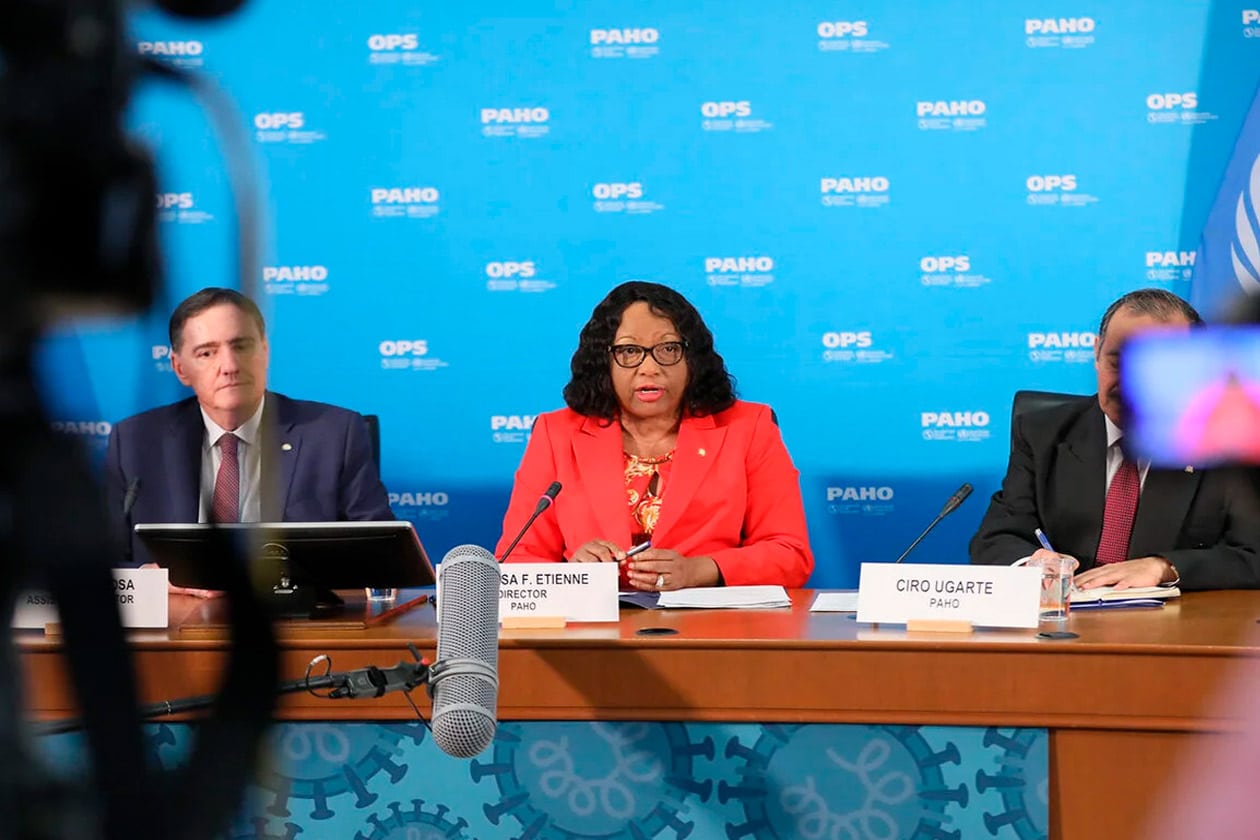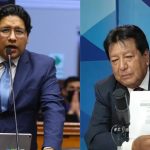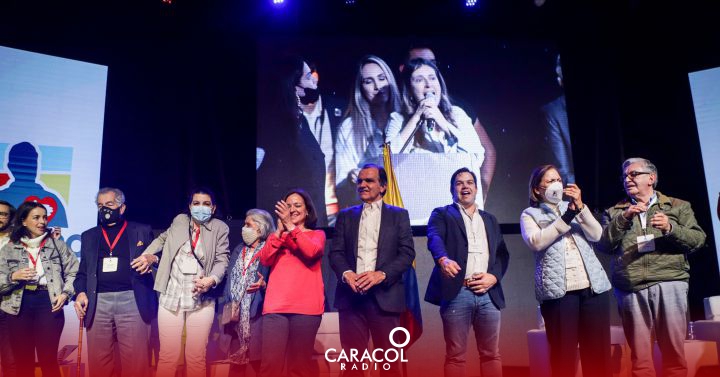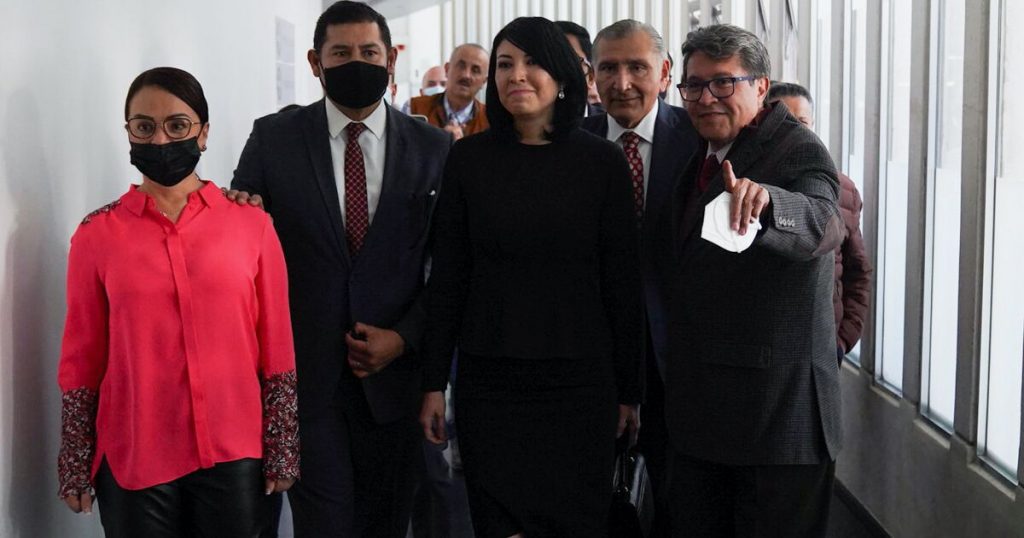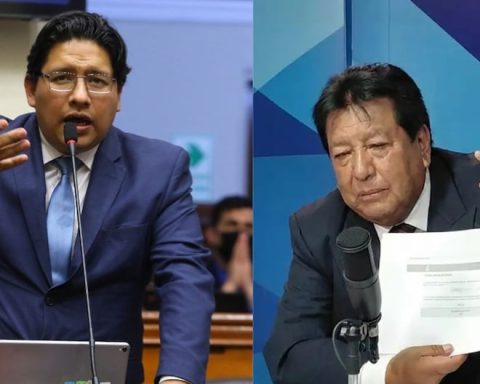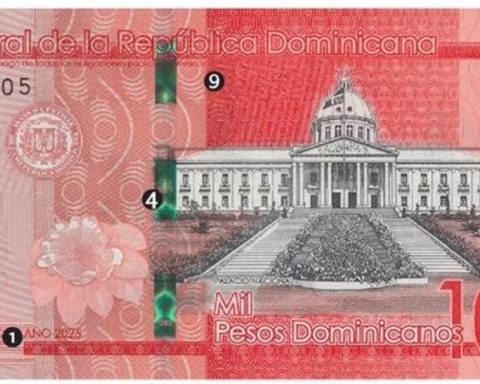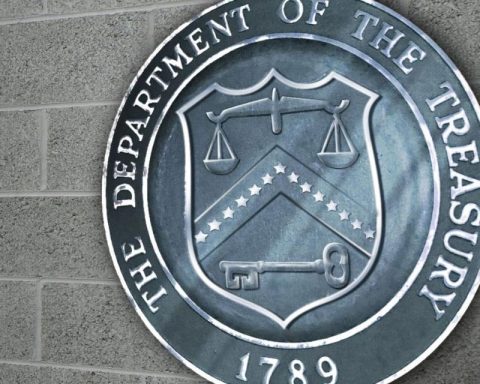The Pan American Health Organization (PAHO) recommended that the health authorities of the Americas increase epidemiological and genomic surveillance to identify SAR-CoV-2 and its variants before the arrival of the omicron strain, which already circulates in three countries on the continent: Canada, Brazil and the United States.
“Countries need to increase epidemiological and genomic surveillance, so that they can detect the viruses that are circulating in time. When you seek you find. In such a way that if it is not being searched properly it is likely to delay the detection (…) Likewise, timely information and reporting is required, ”said Dr. Ciro Ugarte, Director of Health Emergencies at PAHO.
From the Central American region, Nicaragua is the only one that does not carry out massive tests to identify the new coronavirus, which causes covid-19, and does not reveal information about the tests it does carry out. to selected cases or to the people who pay for them because of travel. This is one of the limitations Nicaraguan doctors face, who must diagnose infections by symptoms and not by tests.
“Testing is a very important part of monitoring community transmission of the virus in each country so that measures can be taken early because if the tests are accessible to everyone, when a person receives the positive test, they can immediately isolate themselves, not infect their closest contacts and allow contact tracing, ”explains Dr. Jarbas Barbosa, PAHO deputy director.
Nicaragua was the last country in Central America to confirm the circulation of the variants of concern despite the fact that it had the molecular screening team and the support of PAHO to start the search since last May.
As confirmed to CONFIDENTIAL, medical sources from public hospitals, before the second wave of covid-19 will reach its maximum peak, last September, the doctors had already informed the Minsa about several cases diagnosed clinically (by symptoms) with the delta variant. However, the Minsa authorities delayed the search and confirmation of their circulation until mid-November, when the second wave of covid-19 subsided.
“Our guidelines for health authorities also involve sharing genomic sequences with our genomic surveillance region of the Americas. We ask the countries to continue reporting cases, any clusters of cases that could be related to the variant, ”said Carissa F. Etienne, Director of PAHO.
Prevention and vaccination measures should continue in the face of a new variant
Etienne also explains that last weekend he had communication with the health ministers of the region and reported details on the new variant of concern prior to the meeting they will have next week. He also explains that very little is known about this new strain.
“The virus must be isolated to perform neutralization tests and this process will take some time, Until these laboratory tests and tests are carried out, we will not have enough tests to determine the degree of transmissibility of the variant. nor to evaluate the efficacy of vaccines, ”he said.
He also called on the population not to panic and to continue with prevention measures -hand washing, use of a mask, social distancing- which are still effective against the original virus and its variants. Also, they recommend speeding up vaccination.
“No vaccine is 100% effective, but so far the vaccines authorized by the WHO have been efficient in protecting against all variants, significantly reducing the risk of hospitalization and death. AND We have no evidence to think that the performance of these vaccines to protect are different against omicron ”, explains Sylvain Aldighieri, Incident Manager for COVID-19 of this organization.
The omicron concern variant was registered on November 24, It was first identified in South Africa and there are already reports of its circulation in 23 countries worldwide. According to preliminary information collected by the World Health Organization (WHO) there is evidence that this variant is more transmissible compared to the other strains.
